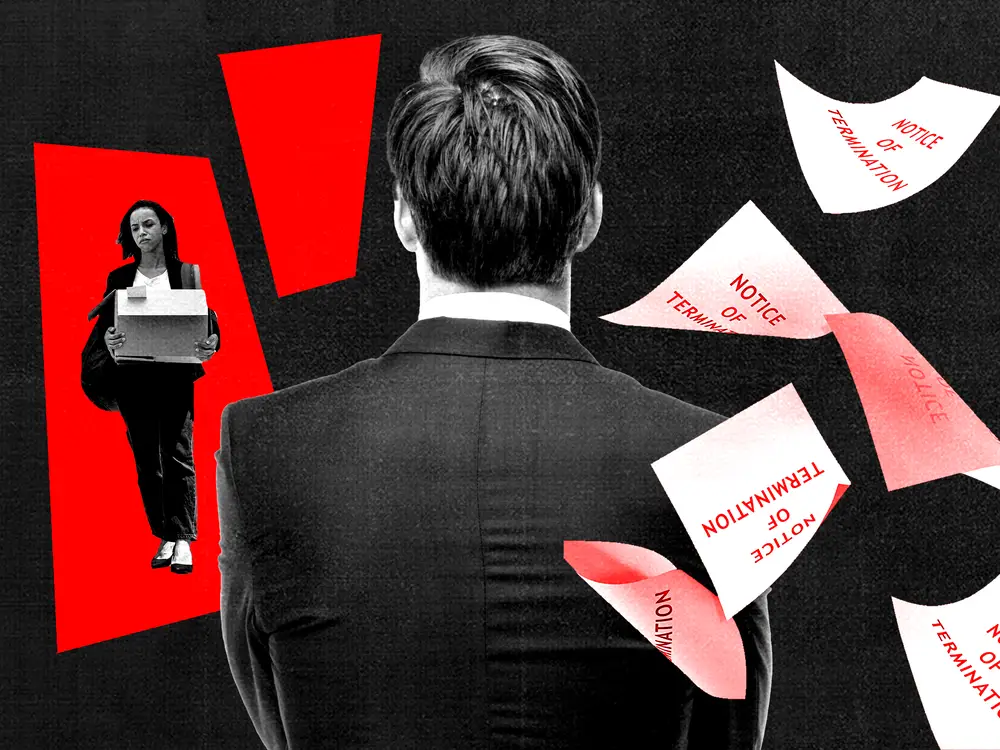US consumer confidence drops unexpectedly to near-recession levels ahead of Trump’s 2nd term

American consumers are feeling less confident about the economy just weeks before Donald Trump’s return to office, according to new data.
The Conference Board’s index measuring US consumers’ sentiments dropped 8.1 points to 104.7 in December, coming in under consensus expectations for an increase, the nonprofit think tank said on Monday.
The index seeks to capture consumers’ assessments of the business and labor market and their views on where things could be headed in the coming months.
The latter weighed heavily on this month’s decline, with the Expectations Index — which measures consumers’ short-term outlook on income, business, and the labor market — falling 12.6 points to a five-month low of 81.1, the organization said.
That’s close to the threshold of 80, which typically signals a recession, the Conference Board said in a press release.
The data marks a steep turnaround after two months of growing consumer optimism.
“While weaker consumer assessments of the present situation and expectations contributed to the decline, the expectations component saw the sharpest drop,” the Conference Board’s chief economist, Dana M. Peterson, said in the press release, adding: “Compared to last month, consumers in December were substantially less optimistic about future business conditions and incomes.”
The survey’s write-in responses suggest that concerns about politics, including the November election results, and tariffs are fueling consumers’ concerns, the press release said.
For a special question on this month’s survey, 46% of consumers said they expected tariffs to raise the cost of living, consistent with a University of Michigan poll that found more consumers were looking to make big purchases to avoid higher prices in the future, in part due to tariffs’ upward pressure on inflation.
The potential for tariffs to boost US jobs, one of Trump’s main selling points, doesn’t appear to be helping consumers feel more optimistic. Just 21% of respondents said they expected tariffs to create more US jobs, the Conference Board said.
“Pessimism about future employment prospects returned after cautious optimism prevailed in October and November,” Peterson said.
Trump has floated 25% tariffs on imports from Canada, China, and Mexico and recently threatened 100% tariffs on the BRICS group of emerging-market countries.
Walmart’s stock, often seen as a bellwether for consumer health, tumbled after the survey’s release, down 3% as of midday Monday.
As a cheap retailer popular among low-income consumers, Walmart is typically a defensive play, seeing an influx of investors when the economy is in bad shape.
It’s had a blockbuster year despite relatively high sentiment, though, surging 70% year to date to outperform the S&P Global Luxury Index.
Jim Paulsen, an investment strategist, has said that this seemingly contradictory stock play could be a sign of a bubbling recession.
“It’s odd when so many signals currently indicate stock market optimism, that investors are favoring the quintessential ‘defensive’ retailer (which relatively would do best if a recession was imminent) over the most aggressive luxury stocks,” Paulsen wrote for his Substack newsletter earlier this month.






